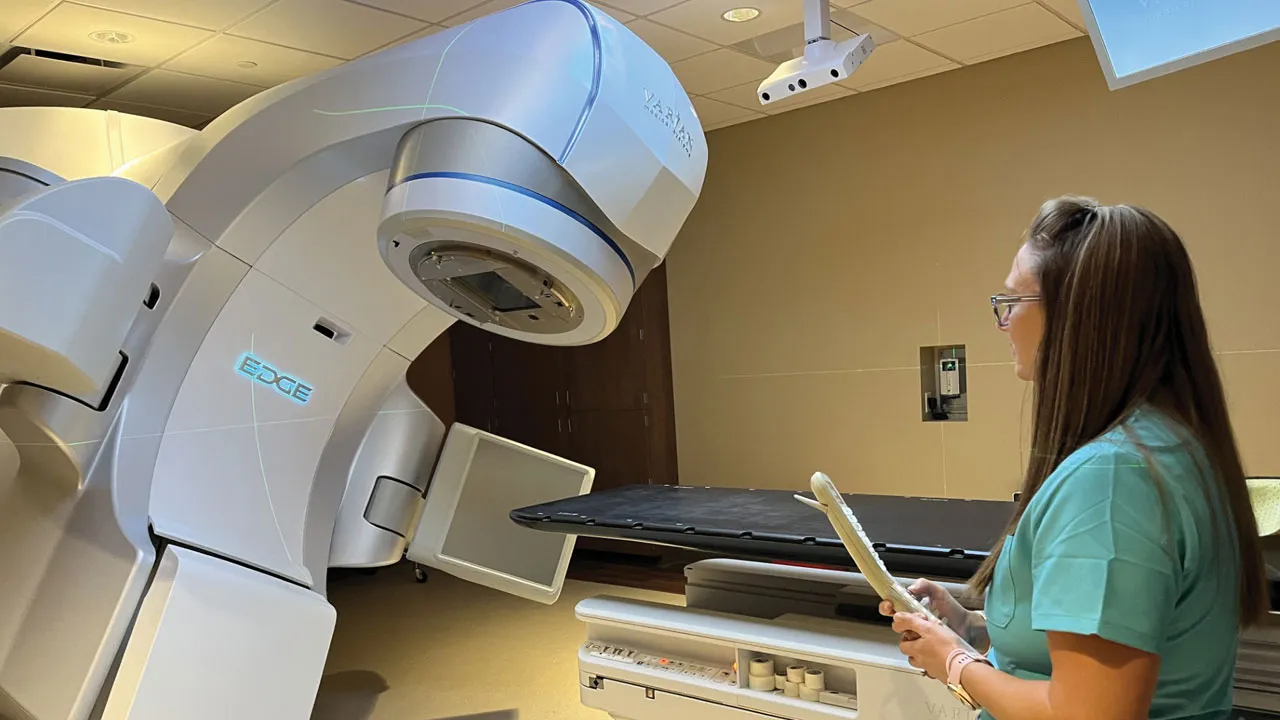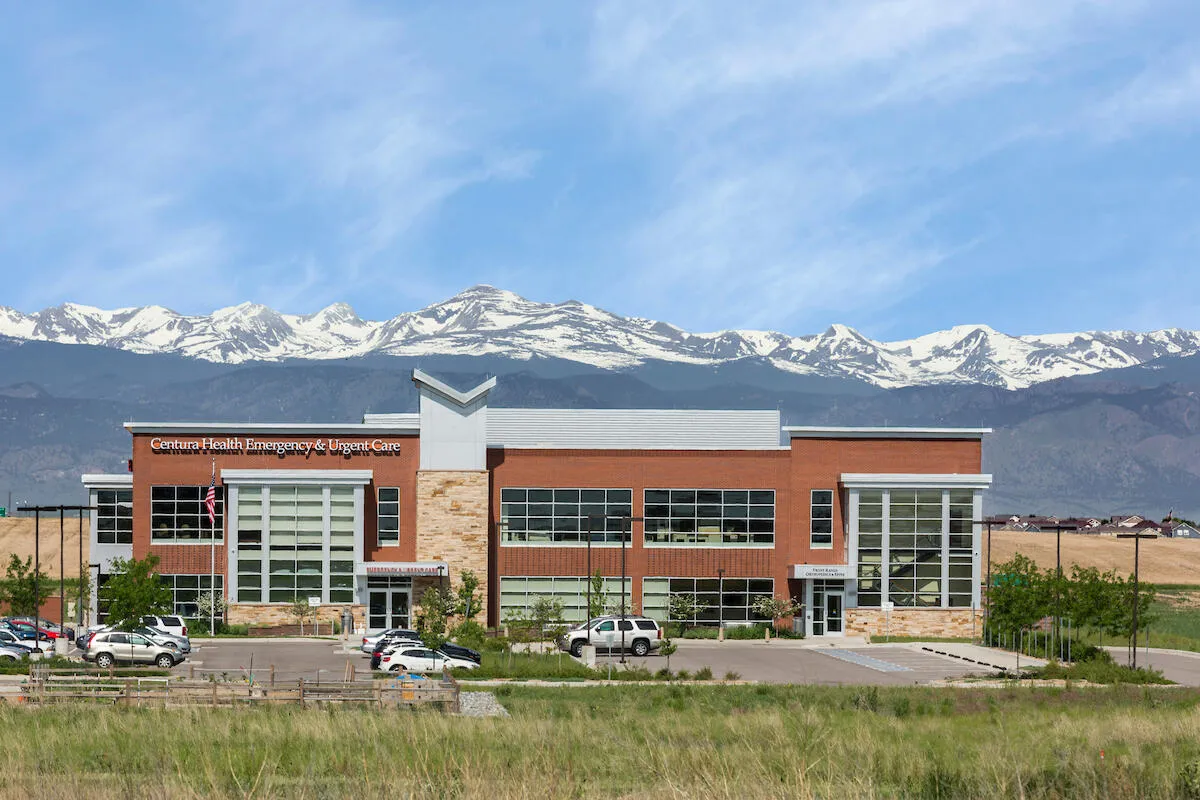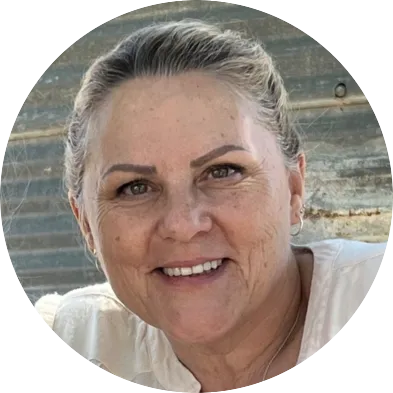Research, care and the search for a cure
How local hospitals are battling cancer and offering hope

Dr. Steven Schuster, medical director of UCHealth’s oncology research program in Northern Colorado, gets a twinkle in his eye when he says the “C word” — no, not “cancer,” but “cure.”
THIS ARTICLE IS FOR SUBSCRIBERS ONLY
Continue reading for less than $3 per week!
Get a month of award-winning local business news, trends and insights
Access award-winning content today!
Already have a paid subscription?
Sign in with GoogleSign in with Google







